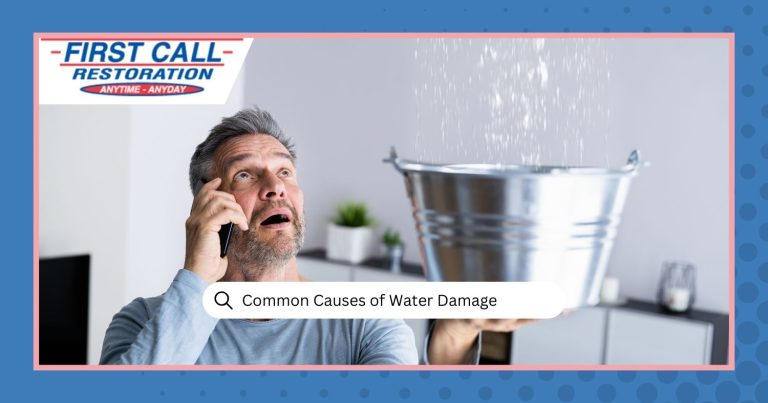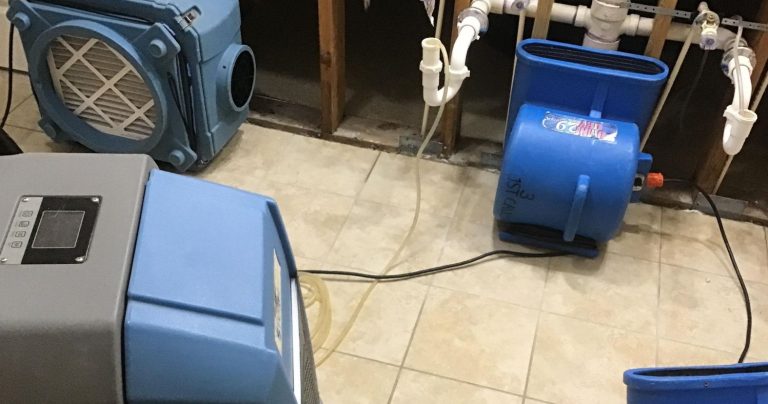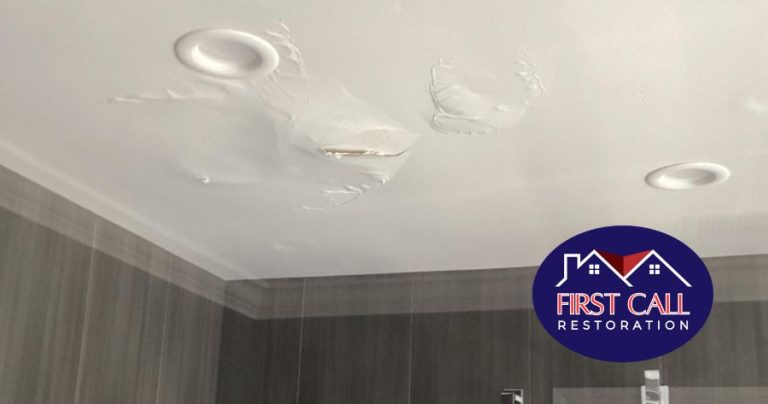Table of Contents
ToggleIn bustling cities like New York, where apartments are numerous, renters often find themselves facing unexpected challenges, like mold damage. Whether it’s a leaky pipe or excessive moisture buildup, mold can quickly become a headache for both tenants and landlords. But the big question remains: Does renters insurance cover mold? Let’s dive into the details and shed light on this important issue. Plus, if you need a company dealing with mold remediation New York, we’ve got you covered.
Mold Damage in a Rental
Mold is a sneaky visitor that develops in damp environments. In rental properties, it can lurk behind walls, under sinks, and even in air conditioning ducts. If left unchecked, mold can cause structural damage and pose health risks to occupants. Fast detection and action are key to preventing mold from spreading and causing further harm.
Does Renters Insurance Cover Mold Damage?
Many renters wonder if their insurance policy will foot the bill for mold damage. The answer isn’t always straightforward. While some renters insurance policies provide coverage for mold damage caused by a covered risk, others may exclude mold-related claims altogether. It’s essential to review your policy carefully and understand its limitations.
Does Renters Insurance Cover Black Mold?
The coverage for black mold, like any other type of mold, depends on the specifics of your policy. Some insurers may consider black mold as a pre-existing condition and deny coverage, while others may cover it under certain circumstances. Again, it’s crucial to check the fine print of your policy.
Does State Farm Renters Insurance Cover Mold Damage?
State Farm is a well-known insurance provider offering renters insurance policies. Whether State Farm renters insurance covers mold damage varies depending on the policy and the circumstances surrounding the mold infestation. Policyholders should consult their insurance agent to determine the extent of their coverage.
How to Tackle Mold in a Rental?
If you discover mold in your rental unit, fast action is needed to minimize the damage and protect your health. But before you take any action, inform your landlords to decide about that. If they allow or decide to help, here are the DIY methods you can take:
- Identify and Fix the Source: Begin by identifying and fixing the source of moisture that is causing the mold growth. This could be a leaky pipe, a roof leak, or improper ventilation. Repairing these issues will help prevent mold from recurring.
- Ventilation: Improve ventilation in the affected area by opening windows or using fans. Proper airflow helps dry out damp surfaces and discourage mold growth.
- Clean with Mold-Killing Products: Use mold-killing products, such as bleach or vinegar solutions, to clean the affected surfaces. Scrub the moldy areas thoroughly and allow the solution to sit for a few minutes before rinsing.
- Dry Thoroughly: After cleaning, make sure to dry the area thoroughly. Use dehumidifiers or fans to speed up the drying process. Mold develops in moist environments, so this step is needed to prevent its return.
- Use Protective Gear: When cleaning mold, it’s important to protect yourself with gloves, goggles, and a mask to prevent exposure to mold spores.
- Monitor for Recurrence: Keep an eye on the treated area to ensure that the mold does not return. If mold reappears or if the problem persists, it may be time to seek professional help to perform mold abatement.
Who Can Help with Mold Mitigation and Insurance Coverage?
Dealing with mold in a rental property can be overwhelming, especially when navigating insurance coverage and mitigation efforts. Fortunately, some professionals specialize in handling these challenges.
- Keep in Touch with Your Insurance Adjuster: Maintain open communication with your insurance adjuster throughout the mold remediation process. They can guide you through coverage and ensure a smooth claims experience.
- Mold Remediation Experts: Companies like First Call Restoration specialize in mold mitigation and remediation. With their experience and expertise, they can identify the extent of the mold problem, remove mold safely, and implement measures to prevent its return.
- Insurance Claims Assistance: Dealing with insurance companies can be challenging, but mold remediation experts often offer assistance with insurance claims, too. They can help you understand your policy coverage, document the damage, and communicate with your insurance provider to ensure a smooth claims process.
Contact First Call Restoration
If you’re dealing with mold in your rental property and need professional assistance, don’t hesitate to contact First Call Restoration. With our expertise in mold remediation and insurance claims assistance, you can trust First Call Restoration to provide support throughout the process. Don’t let mold take over your rental property – contact First Call Restoration today for fast and reliable assistance. Do so by calling (845) 442-6714 or filling out our online form.
FAQs
Does renters insurance cover mold inspection?
Renters insurance typically does not cover mold inspection. Mold inspection is considered a preventative measure rather than a covered loss event, so it’s usually not included in renters insurance policies. However, some insurance companies may offer additional coverage options for mold-related services, so it’s best to check with your insurance provider for specific details.
Will renters insurance cover damage caused by mold if it's deemed the landlord's responsibility?
Renters insurance typically covers damage to personal belongings caused by mold, regardless of whether the landlord is responsible. However, coverage for property damage to the rental unit itself may depend on the specific terms of the policy and the circumstances of the mold infestation.
What steps should renters take if their landlord refuses to tackle a mold issue?
If a landlord refuses to tackle the mold issue, renters should take the following steps:
- Document the problem: Take photos or videos of the mold growth and any related damages.
- Communicate in writing: Send a written notice to the landlord detailing the mold problem and requesting remediation.
- Review the lease agreement: Review the lease agreement to understand the landlord’s responsibilities regarding maintenance and repairs.
- Seek legal advice: If necessary, consult with a tenant’s rights organization or an attorney to understand renters’ rights and options for legal recourse.
Can renters insurance cover personal belongings damaged by mold, such as furniture and clothing?
Yes, renters insurance typically covers personal belongings damaged by mold, including furniture and clothing. However, coverage may be subject to certain limits and exclusions outlined in the policy. Renters should review their insurance policy to understand the extent of coverage for mold-related damage to personal property.




